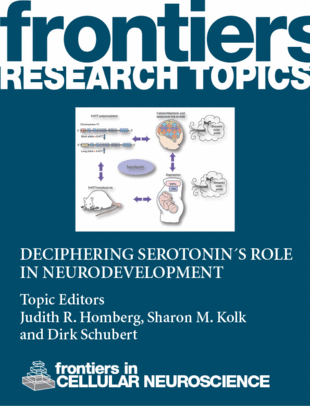从人类 iPSCs 提取的神经胶质祖细胞分泌的蛋白质具有神经保护和抗炎特性
IF 4.2
3区 医学
Q2 NEUROSCIENCES
引用次数: 0
摘要
目前,干细胞技术是再生医学的有效工具。细胞疗法是利用干细胞/祖细胞修复或替代受损组织或器官。这种方法可用于治疗各种疾病,如心血管疾病、神经系统疾病和各种原因造成的损伤。细胞疗法的治疗作用机制基于移植物与受损组织的整合(替代效应)以及细胞分泌生物活性分子(如细胞因子、生长因子和其他促进再生的信号分子)的能力(旁分泌效应)。然而,由于细胞运输的复杂性和免疫排斥反应,细胞移植有许多局限性。一种可能更有效的疗法是仅使用干细胞释放的旁分泌因子。分泌的因子可对受损组织产生积极影响:促进形成新血管、刺激细胞增殖、减少炎症和细胞凋亡。在这项工作中,我们研究了从人类诱导多能干细胞中获得的胶质祖细胞分泌的分子量低于100 kDa的蛋白质的抗炎和神经保护作用。神经胶质祖细胞分泌的蛋白质通过抑制诱导型一氧化氮合酶(iNOS)减少一氧化氮(NO)的产生,从而在LPS诱导的原代神经胶质培养模型中发挥抗炎作用。同时,添加的分泌蛋白还能中和谷氨酸的作用,将存活神经元的数量增加到控制值。这种效应是细胞内钙水平降低的结果,而高浓度的钙会引发神经元凋亡。此外,分泌蛋白还能降低谷氨酸兴奋毒性引起的线粒体去极化,并有助于维持较高的 NADH 水平。经过更多的临床前研究,这种疗法可以成功地应用于临床实践,提高神经系统疾病患者的康复效果。本文章由计算机程序翻译,如有差异,请以英文原文为准。
Neuroprotective and anti-inflammatory properties of proteins secreted by glial progenitor cells derived from human iPSCs
Currently, stem cells technology is an effective tool in regenerative medicine. Cell therapy is based on the use of stem/progenitor cells to repair or replace damaged tissues or organs. This approach can be used to treat various diseases, such as cardiovascular, neurological diseases, and injuries of various origins. The mechanisms of cell therapy therapeutic action are based on the integration of the graft into the damaged tissue (replacement effect) and the ability of cells to secrete biologically active molecules such as cytokines, growth factors and other signaling molecules that promote regeneration (paracrine effect). However, cell transplantation has a number of limitations due to cell transportation complexity and immune rejection. A potentially more effective therapy is using only paracrine factors released by stem cells. Secreted factors can positively affect the damaged tissue: promote forming new blood vessels, stimulate cell proliferation, and reduce inflammation and apoptosis. In this work, we have studied the anti-inflammatory and neuroprotective effects of proteins with a molecular weight below 100 kDa secreted by glial progenitor cells obtained from human induced pluripotent stem cells. Proteins secreted by glial progenitor cells exerted anti-inflammatory effects in a primary glial culture model of LPS-induced inflammation by reducing nitric oxide (NO) production through inhibition of inducible NO synthase (iNOS). At the same time, added secreted proteins neutralized the effect of glutamate, increasing the number of viable neurons to control values. This effect is a result of decreased level of intracellular calcium, which, at elevated concentrations, triggers apoptotic death of neurons. In addition, secreted proteins reduce mitochondrial depolarization caused by glutamate excitotoxicity and help maintain higher NADH levels. This therapy can be successfully introduced into clinical practice after additional preclinical studies, increasing the effectiveness of rehabilitation of patients with neurological diseases.
求助全文
通过发布文献求助,成功后即可免费获取论文全文。
去求助
来源期刊

Frontiers in Cellular Neuroscience
NEUROSCIENCES-
CiteScore
7.90
自引率
3.80%
发文量
627
审稿时长
6-12 weeks
期刊介绍:
Frontiers in Cellular Neuroscience is a leading journal in its field, publishing rigorously peer-reviewed research that advances our understanding of the cellular mechanisms underlying cell function in the nervous system across all species. Specialty Chief Editors Egidio D‘Angelo at the University of Pavia and Christian Hansel at the University of Chicago are supported by an outstanding Editorial Board of international researchers. This multidisciplinary open-access journal is at the forefront of disseminating and communicating scientific knowledge and impactful discoveries to researchers, academics, clinicians and the public worldwide.
 求助内容:
求助内容: 应助结果提醒方式:
应助结果提醒方式:


